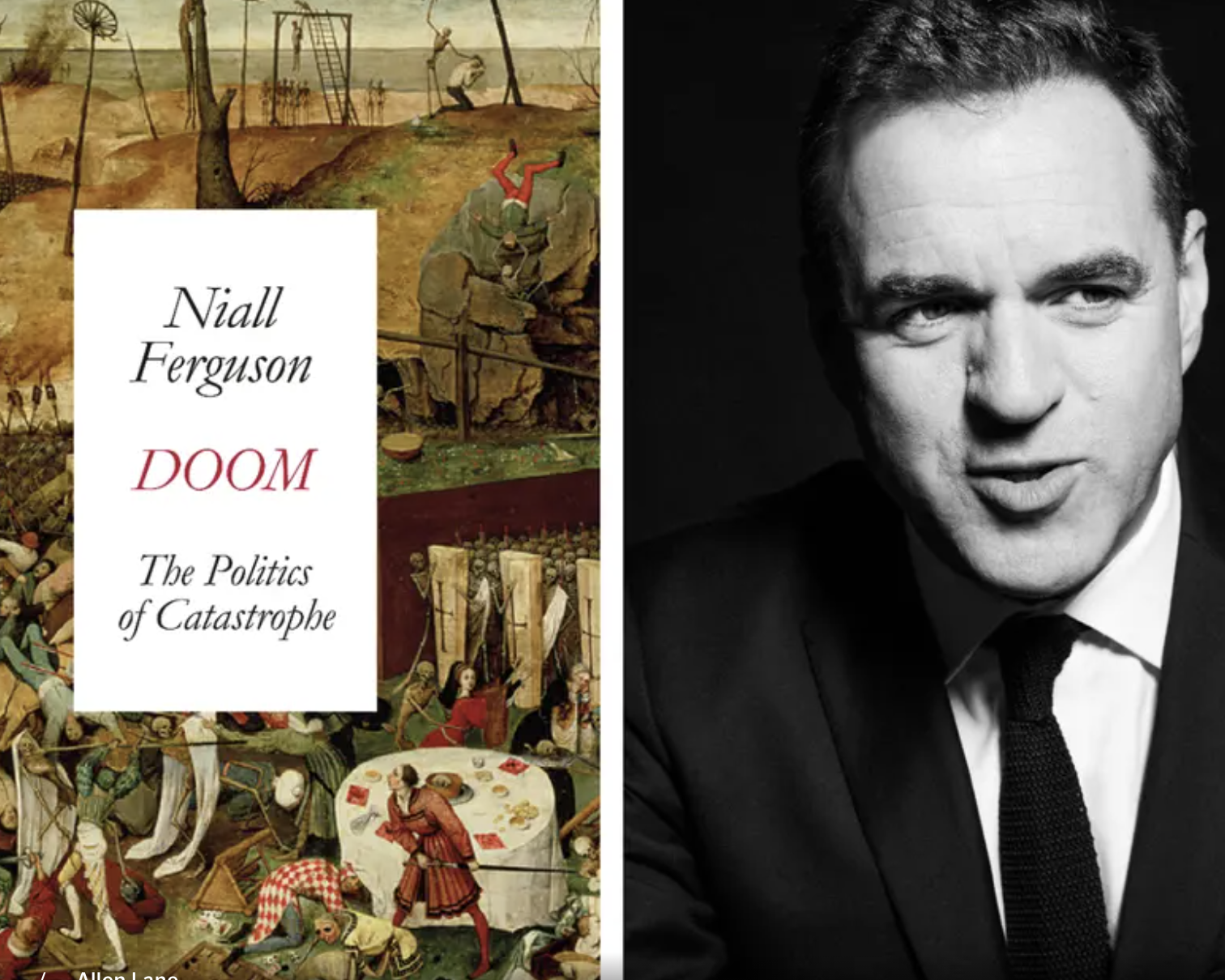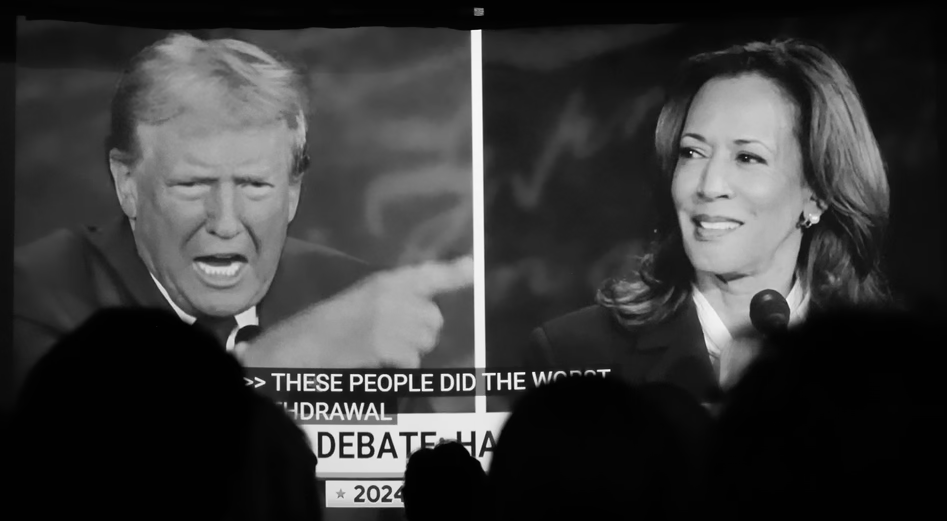
Doom: The Politics of Catastrophe by Niall Ferguson review
(Evening Standard) – From plagues and volcanic eruptions to the current Covid pandemic, mankind has always been faced with catastrophes.
Thought Leader: Niall Ferguson
President Donald Trump‘s return to the White House has already caused geopolitical shockwaves. His threats against Panama, Colombia, and Greenland have frayed relations with key allies. Following the imposition of tariffs against Canada and Mexico, leaders in Europe and beyond are watching nervously to see whether Trump expands his trade war further afield. Even if they are just an opening salvo for negotiations, Trump’s approach risks distracting from his core foreign policy goal: countering the rising economic and security threat posed by China.
Economically, technologically, and militarily, China poses the greatest strategic challenge to the United States since the end of World War II. Yet by antagonizing America’s allies instead of seeking to lead a united front from the free world, Trump risks hampering America’s response.
Some in the Trump camp believe this doesn’t matter. They want the United States to deal with China in the Indo-Pacific while Europe is left to deal with Russia in Ukraine and elsewhere. But splitting the global theatres in this way would fundamentally weaken the transatlantic alliance and benefit only Beijing and Moscow in the long run.

Trump’s reported intent to rapidly decrease the U.S. military presence in Europe would only encourage Russian President Vladimir Putin to test NATO‘s continued resolve. And if the U.S. continues its current economic path, calls for Europe to take the middle ground between the U.S. and China will increase, leading Beijing to bet on a divided global response to any aggression against Taiwan. In Europe and in Asia, European and U.S. interests are aligned—so it would be far better to stand united on both fronts and face down Putin and Chinese leader Xi Jinping together.
That must start with Europe getting serious about defense. Budgets must return to Cold War levels to deal with the renewed threat of a militaristic and expansionist Russia. All NATO allies should commit to spending at least 4 percent of GDP on defense. This would allow European allies to shoulder around 80 percent of the burden for our security, with the U.S. remaining committed to providing the 20 percent of capabilities that for now only it can provide. In the longer term, a group of European allies should combine to develop these strategic enablers themselves.
This rise in defense spending would signal that Europe is serious about its own security. Meanwhile, the United States’ continued engagement would reflect the fact that peace and stability in Europe remains key to U.S. global interests. The U.S.-European Union trading relationship remains the largest and most integrated in the world, so peace in Europe enables American prosperity as well.
Just as continued U.S. engagement in Europe is in America’s interest, European leaders must recognize that deeper European engagement in the Indo-Pacific is in Europe’s interest. By adopting a greater focus on China and the Indo-Pacific, Europe can demonstrate that America’s alliances in Europe can support America’s interests elsewhere—while also, critically, ensuring Europe responds to the political, economic, and strategic challenges that China poses.
China is leveraging its massive manufacturing capacity to undercut European businesses, enabling Putin’s war in Ukraine, and threatening Taiwan. In responding to each of these challenges, Europe’s interests are closely entwined with those of the U.S.
Europe has begun to step up in response to Beijing’s economic threats, launching significant tariffs against unfairly subsidised Chinese electric vehicles. Still, Europe should do far more to diversify critical supply chains away from China. Europe should also better coordinate sanctions with the U.S. to tackle the central role Chinese companies are playing in supporting Russia’s war in Ukraine. Most urgently, European leaders must show that they will stand firm in response to China’s threats against democratic Taiwan.
A conflict in the Taiwan Strait would threaten trillions of dollars in economic activity. Despite this, European leaders—for fear of antagonizing Beijing—still put short-term investments ahead of their long-term interests. This was encapsulated by French President Emmanuel Macron‘s suggestion that Europe “must not get caught up in crises that are not ours” regarding Beijing’s threats against Taipei. It is a sentiment many in Europe repeat behind closed doors, and one which risks a dangerous miscalculation by Beijing.
Doom: The Politics of Catastrophe by Niall Ferguson review
(Evening Standard) – From plagues and volcanic eruptions to the current Covid pandemic, mankind has always been faced with catastrophes.
Thought Leader: Niall Ferguson
Time to end secret data laboratories—starting with the CDC
The American people are waking up to the fact that too many public health leaders have not always been straight with them. Despite housing treasure…
Thought Leader: Marty Makary
David Frum: How Harris Roped a Dope
This piece is by WWSG exclusive thought leader, David Frum. Vice President Kamala Harris walked onto the ABC News debate stage with a mission: trigger…
Thought Leader: David Frum

